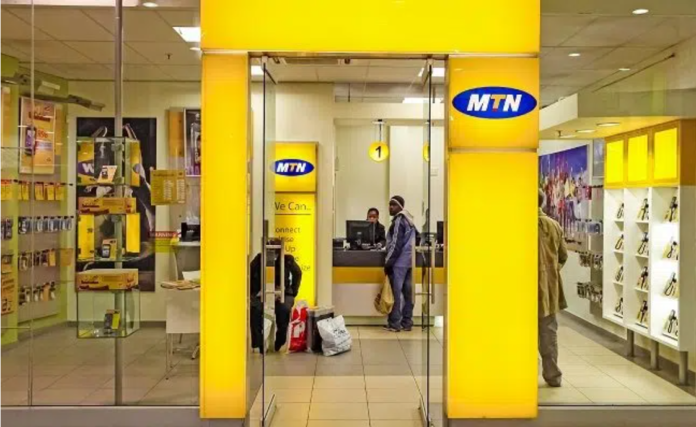By Jemimah Wellington, JKNewsMedia Reporter
NIGERIANS ARE reeling from the latest hike in data prices by MTN Nigeria Communications Plc, with subscribers expressing outrage over the sharp increase in costs.
The telecom company is said to have raised the price of its 15GB weekly data plan from N2,000 to N6,000, representing a staggering 200 percent increase.
The adjustment follows the Nigerian Communications Commission (NCC) approval permitting telecom operators to increase their tariffs by up to 50 percent.
The move, telecom providers argue, is necessary to sustain infrastructure investments and improve service quality.
However, for many Nigerians already grappling with inflation and economic hardship, the price surge is yet another financial burden.
With the MTN implementing adjustments across several of its data plans, the 75GB plan, previously N16,400, now costs N20,000.
The 25GB plan has risen from N6,500 to N9,000, while the 20GB plan now sells for N7,500, up from N5,500.
The telco’s 1.5TB 90-day plan has seen an increase from N150,000 to N240,000, while the 600GB 90-day plan jumped from N75,000 to N120,000.
Meanwhile, the 100GB plan, which was N20,000, has been adjusted to 90GB for N25,000, and the 160GB plan, previously N30,000, is now 150GB for N40,000.
Many subscribers have thus taken to social media to express their frustrations.
A user on X (formerly Twitter) posted, “MTN just increased their weekly 15GB data plan from N2,000 to N6,000 without warning. That’s N24,000 a month—almost the country’s minimum wage. This is insane!”
Another user remarked, “Complaining won’t change anything. Telecom companies are profit-driven, and this increase reflects the economic reality.”
While MTN has already rolled out the new pricing, Airtel and Globacom have yet to implement any changes.
However, industry analysts predict that all major telecom operators will eventually adjust their prices in line with NCC’s directive.
Gbenga Adebayo, Chairman of the Association of Licensed Telecommunications Operators of Nigeria (ALTON), defended the tariff increase, stating that it was critical to sustaining the sector.
“Telcos cannot continue to subsidise services,” he said, emphasising that the new pricing structure is necessary for maintaining network infrastructure and improving service delivery.
He admitted that the increase comes at a time when many Nigerians are still dealing with the economic impact of the fuel subsidy removal in 2023.
Also, consumers said they fear that higher data costs will further limit internet accessibility, especially for students, small business owners, and remote workers who rely heavily on affordable internet services.
Despite assurances from industry stakeholders that the hike will lead to improved service quality, the public remains unconvinced.
Many on X are calling for regulatory interventions to prevent excessive pricing in the telecommunications sector, urging the NCC to reconsider its approval of the tariff adjustments.





